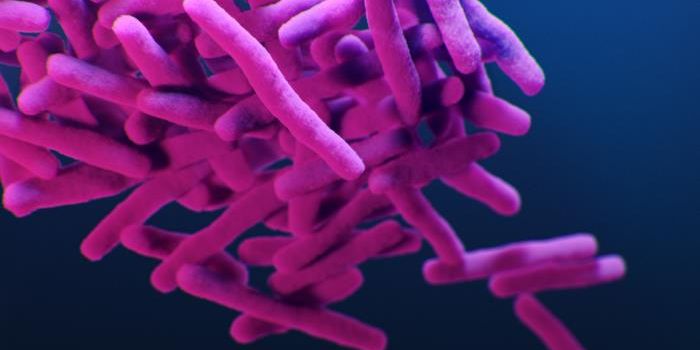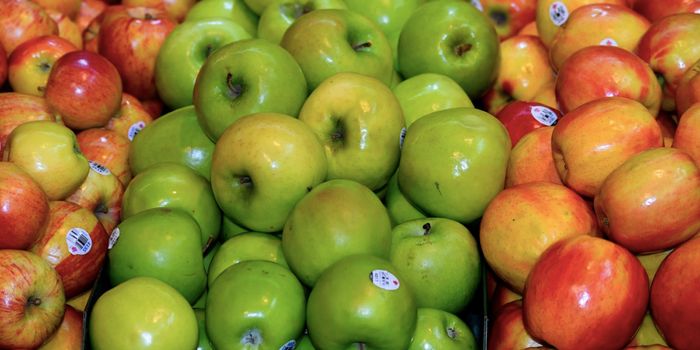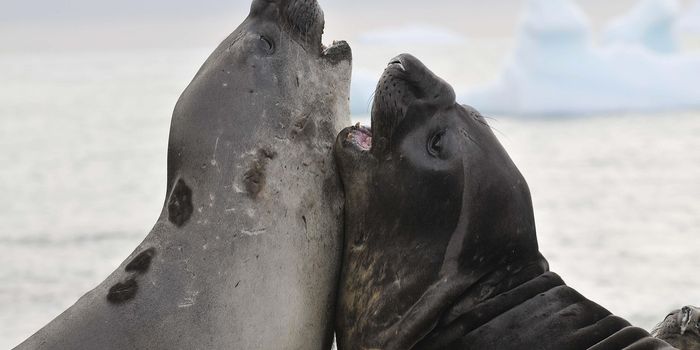UK Biobank Makes 200,000 Human Genomes Publicly Available
The UK Biobank is an unprecedented resource that has provided researchers with essential data from half a million people between the ages of 40 and 69, who regularly give samples of saliva, blood, and urine, as well as lifestyle information and some imaging data. This has enabled scientists to reveal many new connections between human genetics and health. Now, the UK Biobank has made 200,000 human genomes (that have been anonymized) publicly available.
This is the biggest release of whole genome sequencing data in history. The UK Biobank is also planning the release of the remaining 300,000 genomes in 2023. While there are other biobanks that contain similar data from around 100,000 people or more, the data in the UK Biobank is unparalleled. The sequencing was performed by deCODE Genetics in Iceland and the Wellcome Sanger Institute.
“In terms of availability and data quality, [the UK Biobank] surpasses all others,” physician and statistician Omar Yaxmehen Bello-Chavolla of the National Institute for Geriatrics in Mexico City told Science.
The Million Veteran Program is a similar undertaking in the United States, and it now contains whole genome sequencing data for around 125,000 veterans. This information might be made available to researchers within a year, according to a project principal investigator, J. Michael Gaziano of the VA and Brigham and Women’s Hospital.
The National Institutes of Health has also planned to enroll one million people in their All of Us study, which is expected to share 90,000 whole genomes soon. The US-based Trans-Omics for Precision Medicine, known as TOPMed contains 161,000 whole genomes that are collected from smaller studies, and it's adding more all the time.
Many other private projects are also underway. Commercial genome sequencing companies like 23AndMe have performed studies with data that customers have agreed to share, for example, and the Pennsylvania healthcare system Geisinger is spearheading MyCode, which they say has enrolled 275,000 people already. One major advantage to genetics studies that utilize the US population is that they will be more ethnically diverse compared to the UK Biobank.
Sources: UK Biobank, Geisinger, Science









